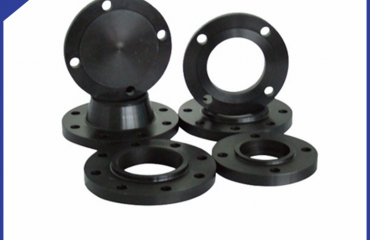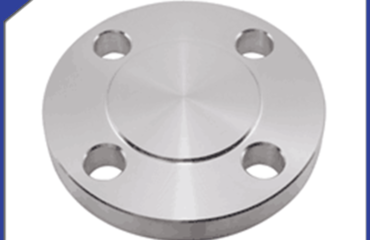
Carbon steel flanges are widely used in various industries for connecting pipes, valves, and other equipment. These flanges are durable, strong, and cost-effective, making them a popular choice for many applications. In addition to these qualities, carbon steel flanges also offer sustainable features that make them environmentally friendly and contribute to reducing the carbon footprint of industrial processes.
One of the key sustainable features of carbon steel flanges is their recyclability. Carbon steel is a recyclable material that can be melted down and reused to create new products. This means that when carbon steel flanges reach the end of their lifecycle, they can be recycled rather than being disposed of in a landfill. By choosing carbon steel flanges, industries can support the circular economy by promoting the reuse and recycling of materials.
Another sustainable feature of carbon steel flanges is their energy efficiency. Carbon steel is a highly energy efficient material to produce, requiring less energy compared to other types of metal. This energy efficiency translates to lower greenhouse gas emissions during the manufacturing process, contributing to a reduction in the overall carbon footprint of carbon steel flanges. In addition, the durability of carbon steel flanges means that they have a long lifespan, reducing the need for frequent replacements and conserving resources.
Furthermore, carbon steel flanges have a high corrosion resistance, which prolongs their lifespan and reduces maintenance requirements. This durability ensures that carbon steel flanges remain in service for longer periods, reducing the need for frequent replacements and the associated environmental impacts. By using carbon steel flanges, industries can minimize their material consumption, energy use, and waste generation, contributing to a more sustainable and environmentally friendly operation.
 Language
Language Espanol
Espanol English
English Italian
Italian عربى
عربى
 Skype: chinamaker99
Skype: chinamaker99  Tel: 86-316-5120812
Tel: 86-316-5120812  Email:
Email:  Whatsapp:
Whatsapp: 
